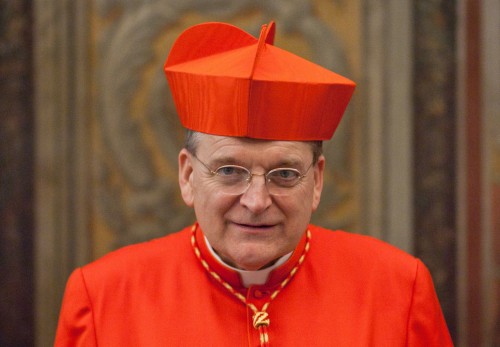(Original meditation on this subject here.)So, now the social-political-confection of a peculiar sort of Islam have put one of their captives/hostages into an iron cage, publically and horrifically, burning him alive, making certain to video this, broadcast it locally, and to post it on the world-wide internet media; also to post materiel purporting to provide justification for this on the usual media channels. I presume the national Islamic media sycophants are breaking the sound barrier in rushing to assure us that those peculiar practitioners are not truly Islamic, and that this has been the actions of just a tiny and marginalized minority, not truly representative of the really-oh-and-truly-oh tolerant Muslim world, and who are we to judge because … Crusades and Inquisition.
Religion
My Saudi Essay Contest Entry
(I am informed that the DoD is soliciting memorial essays for the recently-departed monarch of the House of Saud. My entry, somewhat inspired by a Facebook post by Robert Zubrin, is below. Other ChicagoBoyz contributors are encouraged to compose entries as well.)
Some Catholic Items
There was much discussion and speculation regarding the recent synod on the family, including a media-driven suggestion that the Catholic Church was going to change long-standing rules pertaining to sexual morality.
George Weigel has a good recent piece which clarifies matters.
The Church’s diminishing appeal to men is a crisis which few have been willing to speak about bluntly. Cardinal Burke (pictured above) is an exception, as this piece shows.
One snippet:
“Sadly, the Church has not effectively reacted to these destructive cultural forces; instead the Church has become too influenced by radical feminism and has largely ignored the serious needs of men.”
The truth will set you free.
Pope Francis, in one of his controversy-provoking interviews, mentioned that one of his favorite spiritual writers is Fr. Louis Lallemant. I found on the Internet, and read, The Spiritual Doctrine of Father Louis Lallement, which is indeed an excellent book. Recommended.
UPDATE:
I meant to include this list of ten really short prayers to say during the day.
A very good list, with good commentary.
History Weekend – The Iconoclast Brann
If ever there were a 19th Century journalist more deeply wedded to the old mission statement of comforting (and avenging) the afflicted and afflicting the comfortable with energy and fierce enthusiasm, that person would have to be one William Cowper Brann. In the last decade of the 19th Century, he possessed a small but widely-read newspaper called the Iconoclast, a reservoir of spleen the size of Lake Michigan, and a vocabulary of erudite vituperation which would be the envy of many a political blogger today. Born in 1855, in Coles County, Illinois, he was the son of a Presbyterian minister. Upon losing his mother when barely out of diapers, he was placed with a foster family. At the age of thirteen, he ran away from the foster home and made his own way in the world, armored with a bare three years of formal education. He worked as a hotel bellboy, an apprentice house painter, and as a printer’s devil, from which he graduated into cub reporting. He and his family for he did manage to marry gravitated into Texas, settling first in Houston, followed by stints in Galveston and in Austin, working for local newspapers as reporter, editor and editorialist, and attempting to launch his own publication the first iteration of the Iconoclast terming it “a journal of personal protest.” For William Cowper Brann had opinions sulfurous, vituperative and always entertaining, even for a day when public discourse not excluding journalism was conducted metaphorically with brass knuckles and he despised cant, hypocrisy and what he termed ‘humbuggery’ with a passion burning white-hot and fierce.
Islam needs a Reformation.
A speech by the new President of Egypt, Abdel Fattah al-Sisi, is a huge break with the usual rhetoric coming from public figures in Islam.
The full speech is here, but the key phrases are:
Among other things, Sisi said that the “corpus of [Islamic] texts and ideas that we have sacralized over the years” are “antagonizing the entire world”; that it is not “possible that 1.6 billion people [reference to the world’s Muslims] should want to kill the rest of the world’s inhabitants—that is 7 billion—so that they themselves may live”; and that Egypt (or the Islamic world in its entirety) “is being torn, it is being destroyed, it is being lost—and it is being lost by our own hands.”
This is pretty strong stuff and might get him the fate of Anwar Sadat, at the hands of the Muslim Brotherhood. Making peace with Israel was a bridge too far for the Brotherhood.
The Brotherhood’s stated goal is to instill the Qur’an and Sunnah as the “sole reference point for … ordering the life of the Muslim family, individual, community … and state.” The movement officially renounced political violence in 1949, after a period of considerable political tension which ended in the assassination of Egyptian Prime Minister Mahmoud an-Nukrashi Pasha by a young veterinary student who was a member of the Muslim Brotherhood.
The renunciation obviously did not apply to Sadat who was assassinated in 1981.
